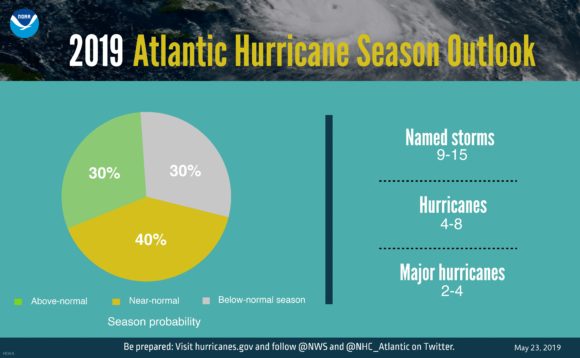
It is fall in the Southeast and for many of us that means hurricane season has arrived. Last week’s visit by Hurricane Dorian was a stark reminder of the impact that the weather can have on our businesses and day-to-day operations. Governors in the many of the southern states declared states of emergency and mandatory evacuations went into effect throughout numerous coastal counties. These types of events often fall within the parameters of Force Majeure clauses that can be dismissed as “boilerplate language” in most commercial contracts.
Force Majeure (pronounced fors ma-zehr) is defined as an event or effect that can be neither anticipated nor controlled. The term includes both acts of nature and acts of people. These types of provisions typically allocate the risk of loss if performance by the parties becomes impossible or impracticable. As a business owner, it is important to conduct annual reviews of such provisions in a Company’s standard Terms and Conditions as well as in any Supply Agreements or other commercial contracts to which a Company is a party. Companies would be well advised to be aware of any notice requirements, timing, or other actions that the other Party could be permitted to take under the triggering of a Force Majeure event. Depending on the type of agreement, some provisions allow for a party to terminate a contract in the event that performance is delayed or hindered for a specified amount of time. Contact BridgehouseLaw if you have questions about your commercial contracts or how your Company may be impacted by Force Majeure events.
Image by: www.insurancejournal.com
